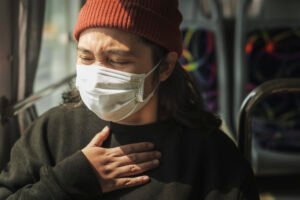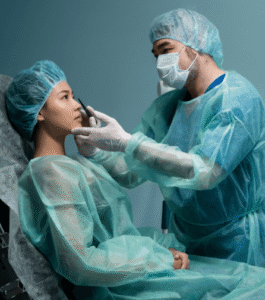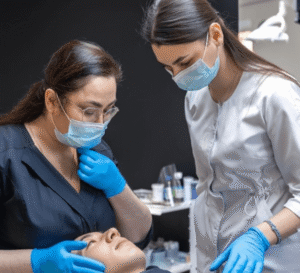Overview
Rare and orphan diseases are conditions that affect a small percentage of the population, often fewer than 1 in 2,000 people. They are typically chronic, progressive, and sometimes life-threatening, with many lacking effective treatments. In Korea, government initiatives, specialized medical centers, and research programs focus on improving diagnosis, treatment, and support for patients with rare diseases to enhance their quality of life.
What are Rare and Orphan Diseases?
Rare diseases, also called orphan diseases, are disorders that occur infrequently and are often genetic, autoimmune, or degenerative in nature. Because of their rarity, they often receive less attention in medical research and drug development, making diagnosis and treatment challenging.
Symptoms
Symptoms vary widely depending on the specific disease but can include:
- Developmental delays or disabilities
- Chronic pain or fatigue
- Organ dysfunction
- Neurological impairments
- Immune system deficiencies
- Unusual physical characteristics or deformities
Causes
Causes vary widely and may include:
- Genetic mutations inherited or occurring spontaneously
- Autoimmune responses attacking healthy tissues
- Infectious agents or environmental triggers
- Unknown or multifactorial origins
Risk Factors
- Family history of rare genetic disorders
- Consanguinity (related parents) increasing genetic risk
- Certain ethnic backgrounds with higher prevalence of specific diseases
- Exposure to certain environmental factors or infections
Complications
- Progressive disability or organ failure
- Reduced life expectancy
- Psychological and social challenges
- Difficulty accessing appropriate medical care and support
Prevention
- Genetic counseling for at-risk families
- Newborn screening programs in Korea for early detection
- Avoiding known environmental triggers when possible
- Awareness and education to promote early diagnosis
Treatment Options in Korea
Diagnosis
Korean specialists use advanced genetic testing, imaging, and specialized laboratory tests to diagnose rare diseases accurately. Multidisciplinary teams collaborate for comprehensive evaluation.
Medical Treatments
- Symptomatic management including pain relief and supportive care
- Enzyme replacement therapies for certain metabolic disorders
- Immunomodulatory and targeted therapies based on disease mechanisms
Surgical or Advanced Therapies
- Organ transplantation when indicated
- Gene therapy clinical trials conducted in specialized centers
- Experimental treatments under compassionate use programs
Rehabilitation and Support
- Physical and occupational therapy to maintain function
- Psychological counseling and social support services
- Patient advocacy groups and rare disease networks in Korea












